New Emerging Global Trends
Ambassador Neelam Deo, Director, Gateway House delivered a lecture at the West Bengal National University of Juridical Sciences, Kolkata on 30 January, 2016.
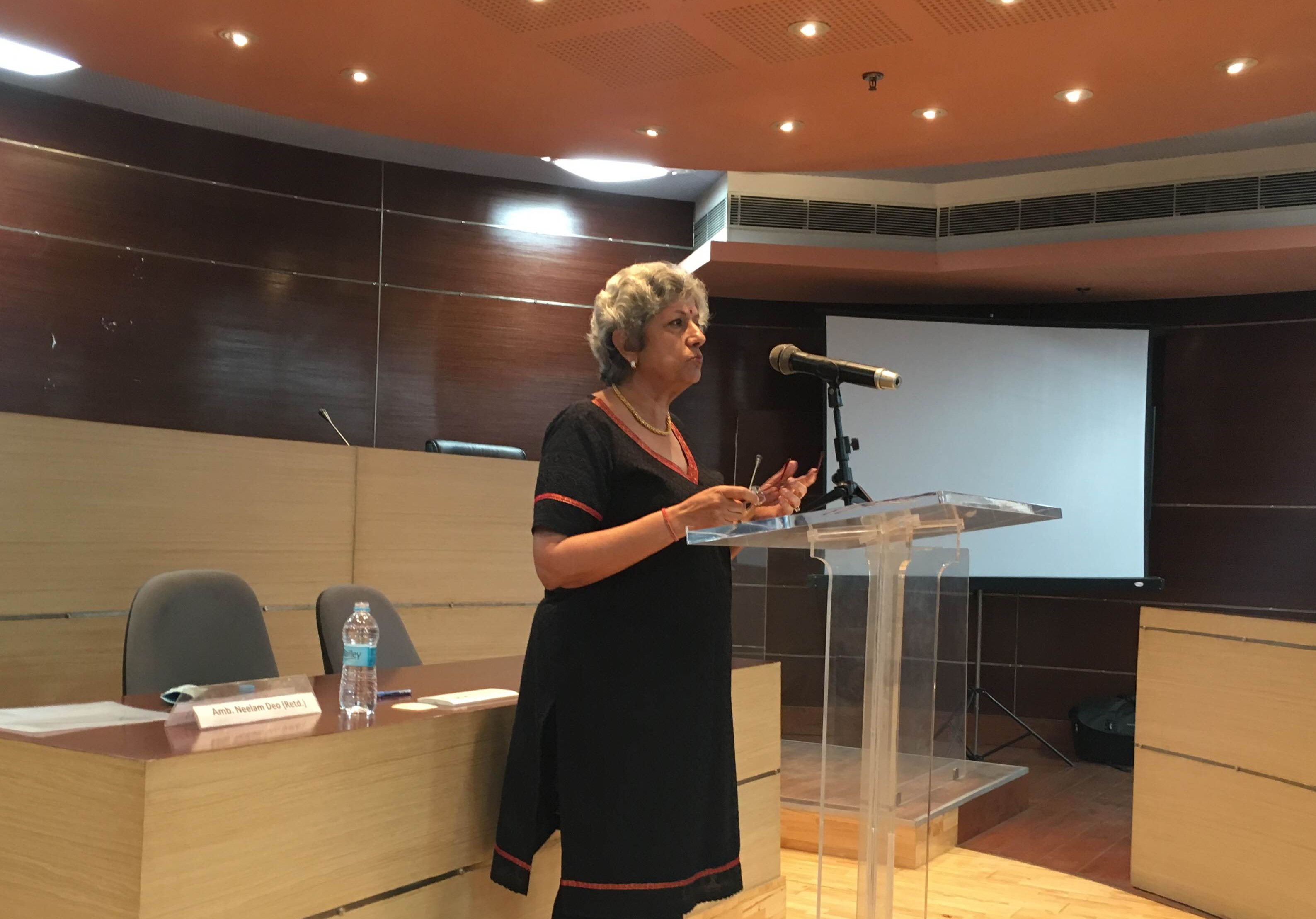 Courtesy:
Courtesy:
Ambassador Neelam Deo, Director, Gateway House delivered a lecture at the West Bengal National University of Juridical Sciences, Kolkata on 30 January, 2016.
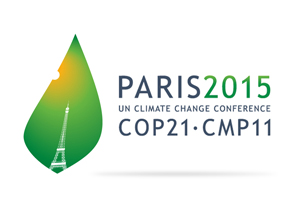 Courtesy:
Courtesy:
December 13 will bring curtains down on climate change talks at Paris, but the sharp ideological divides between rich countries and developing nations will continue to play out at World Trade Organisation’s 10th Ministerial Conference in Nairobi, beginning on December 15
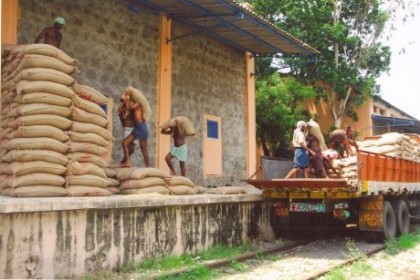 Courtesy: Bharata Bharati
Courtesy: Bharata Bharati
India, along with China, will present the case for food security protections at the WTO Ministerial Conference in Nairobi in December, where India will find it difficult to maintain its integrity as both a leader of G33 countries and a nation that has an expressed stake in the expansion of global trade. But it should stick to the G33’s Bali proposal for flexibilities for developing countries.
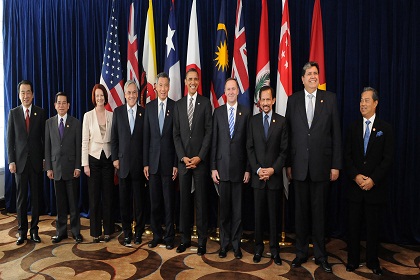 Courtesy: Wikipedia
Courtesy: Wikipedia
The Trans-Pacific Partnership might soon be concluded if the U.S. Congress fast-tracks it, as recently announced, while the Regional Comprehensive Economic Partnership Agreement remains on slow-track. But the TPP, although ambitious, follows an outdated template, and it is the dynamic RCEP that can be a model for a new global rules-based framework
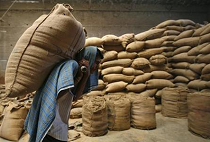 Courtesy: wikimedia
Courtesy: wikimedia
India’s decision to block the Trade Facilitation Agreement at the World Trade Organisation in July was perplexing; the confusion was compounded because India was almost alone in its position. This policy perspective explains the reasons for India’s curious stand
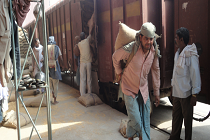 Courtesy: Food Corporation of India
Courtesy: Food Corporation of India
India's refusal to budge on food security has resulted in the World Trade Organization’s failure to reach the first multilateral trade agreement in the last two decades. Having taken a tough stand can India take the lead, among developing countries, in reframing the power equations of globalisation?
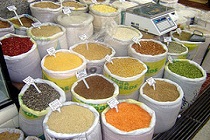 Courtesy: Rigues/Flickr
Courtesy: Rigues/Flickr
Recent developments at the WTO's two-day General Council Meeting that started on July 24 suggest that India will agree to sign the trade facilitation agreement only if the deal comes bundled with a permanent solution that will allow unhindered roll-out of welfare schemes such as the food security programme.
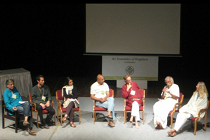 Courtesy: Alex Jensen
Courtesy: Alex Jensen
At a recent conference on the ‘Economics of Happiness’ in Bangalore, opponents of globalisation outlined a vision of an economic system rooted in community, localisation and fairness. However, convincing everyone to think beyond GDP growth and look at harmonious “intelligent growth” will be a challenge
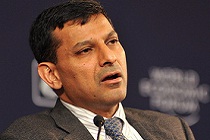 Courtesy: World Economic Forum/Flickr
Courtesy: World Economic Forum/Flickr
The recent statement by the governor of the RBI that foreign banks might be allowed to take over Indian banks, has rekindled the debate on the status of foreign banks. What has prompted the RBI’s new position and how does it weigh against the existing policy landscape? Why are foreign banks waiting and watching?
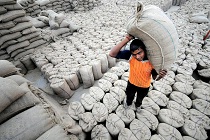 Courtesy: Neil Palmer (CIAT)/Flickr
Courtesy: Neil Palmer (CIAT)/Flickr
At the World Trade Organisation (WTO)’s ongoing ninth Ministerial Conference, the focus of several countries is on food security. What does the proposed ‘Peace Clause,’ mean for developing nations? What are the complex factors at play in the decision-making process, in the ongoing meeting?